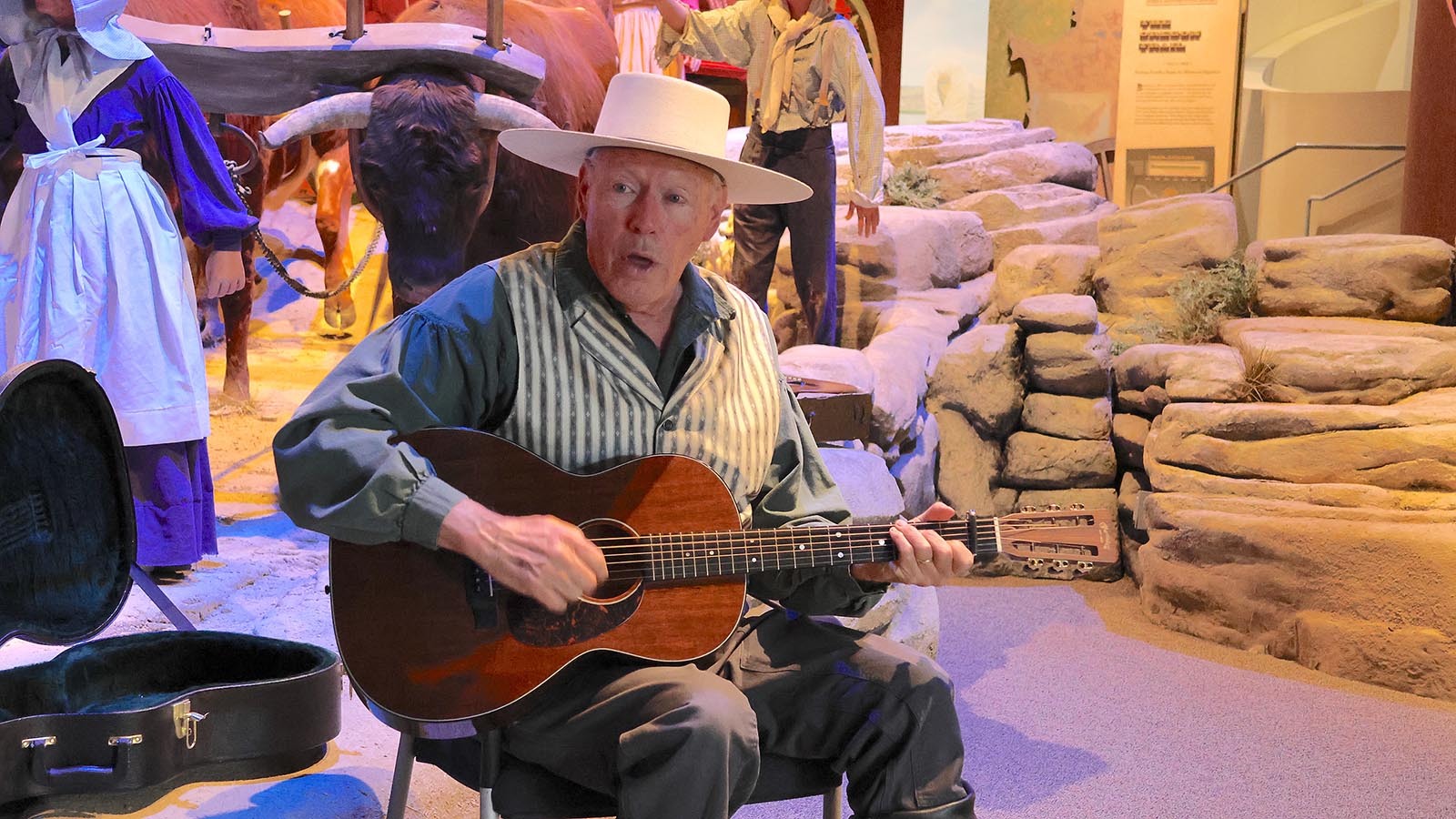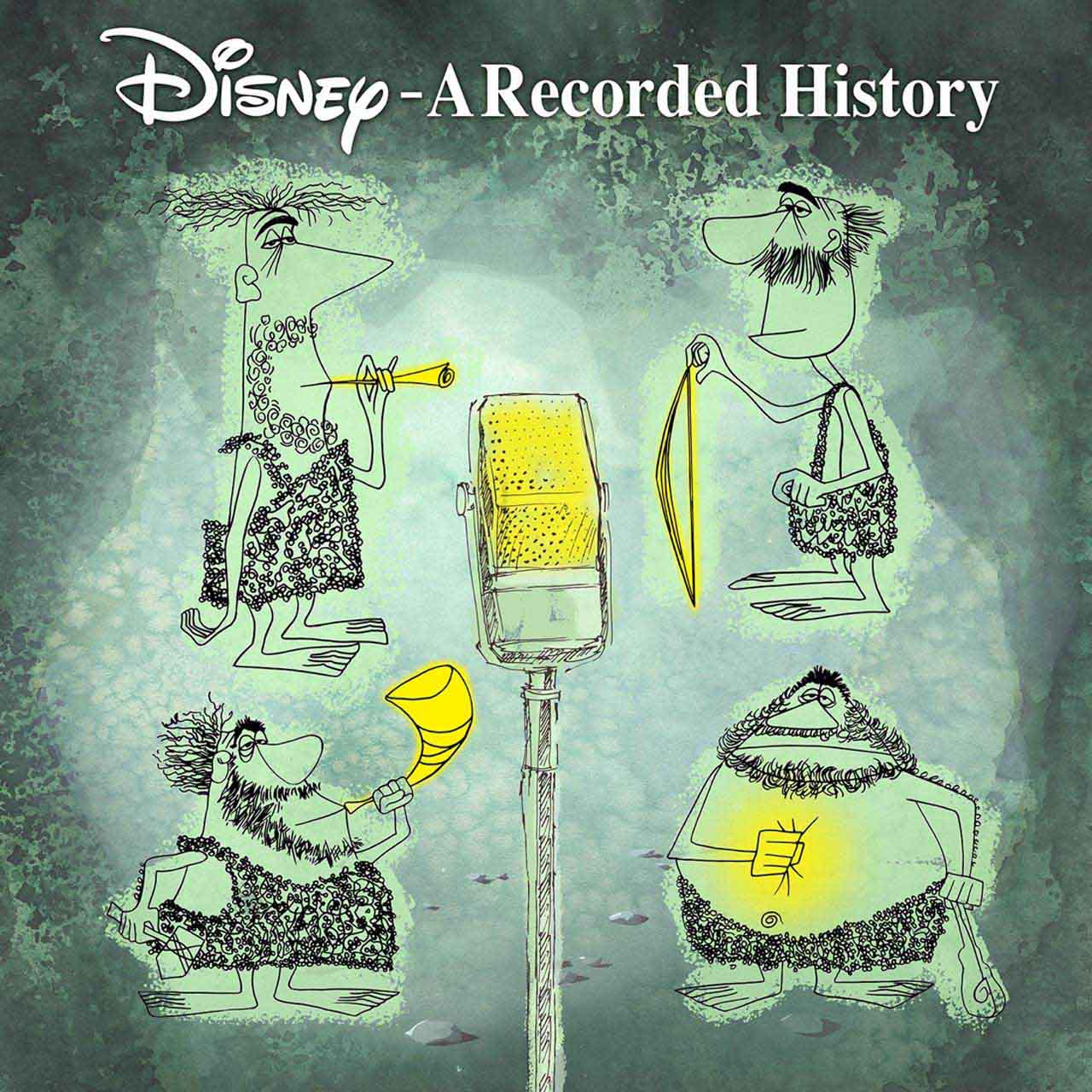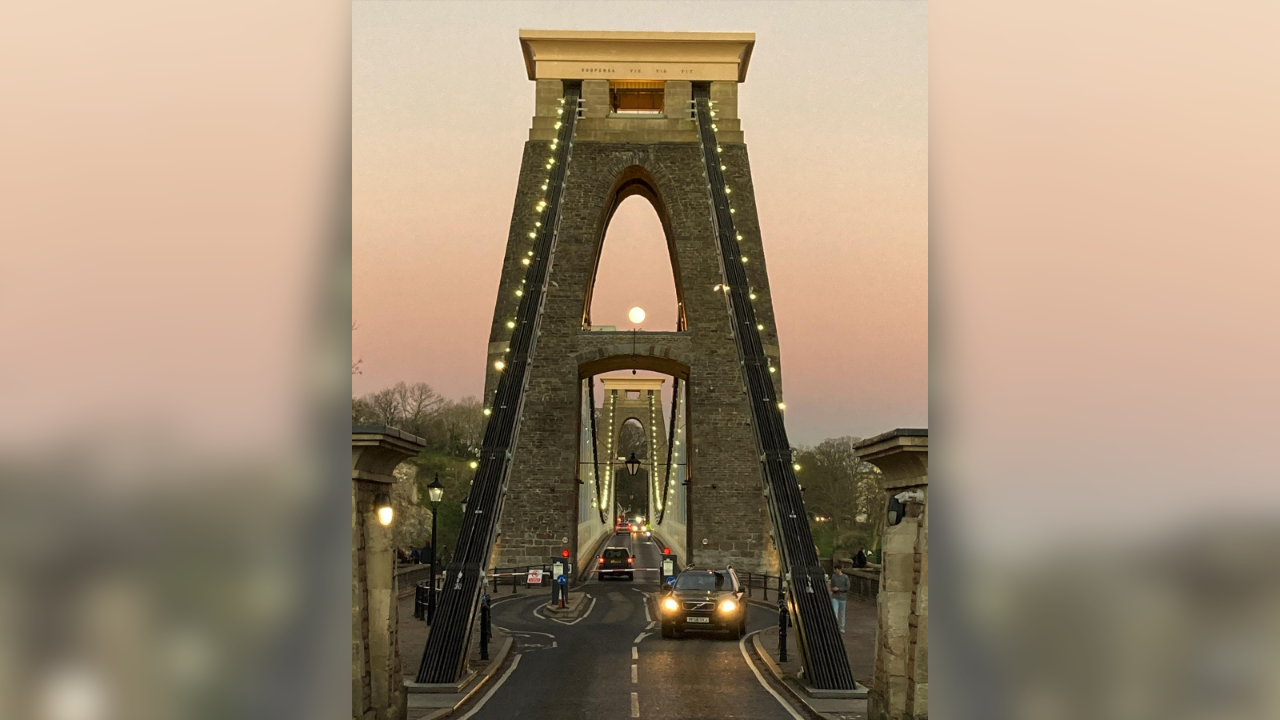Retired Wyoming Army officer preserves historic …

CASPER – Hank Cramer is a throwback to the days when traveling minstrels entertained and educated and taught history through song.
The 70-year-old retired U.S. Army officer turned folk musician has found his niche traveling all over the country, stopping regularly in Wyoming each year to share his rich bass voice, play guitar and educate his audiences.
He specializes in singing and talking about the mass movement west along America’s historic trails, many of which pass through Wyoming. Sometimes it’s cowboys tending the herd. And sometimes he reaches into his sailor’s bag to talk about maritime history.
“When I go on stage as a folk singer, I think I’m an actor in some ways,” Cramer said. “I channel that story and tell it like it’s my own. I want to come in and you’re visiting a guy on the California Trail. Here’s my story, here’s what happens.”
Cramer recently visited the Historic Trails Interpretive Center in Casper to talk about the songs of the Oregon and California Trails, as well as those popular with soldiers sent west in the mid- to late 19th century.
He was also at historic Fort Laramie to sing and celebrate the Fourth of July. The weekend before, he was in Gillette singing cowboy songs at the Rockpile Museum.
“I like Wyoming and spend a lot of the summer traveling around Wyoming,” Cramer said.
The artist studied history at university and now lives on a ranch in eastern Washington State. His love of history and music has earned him 24 albums and the opportunity to perform at the Buffalo Bill Historic Center, the High Desert Museum in Bend, Oregon, the National Maritime Historic Park in San Francisco, the Maritime Museum of British Columbia and the USS Constellation in Baltimore, among others.
Songs for hiking
While in Casper, Cramer talked about the differences between the music of the Oregon Trail and that of the California Trail.
“On the Oregon Trail, they (the emigrants) were family groups who went to Oregon as families to settle land there and had no intention of returning east,” Cramer said. “On the California Trail, there were very few women – almost no children. It was almost a roaring herd of bachelors who went to California because they had heard about the gold and wanted to take the gold and then come back as rich men to Virginia or Tennessee or wherever.”
Cramer said the songs were different because the people were different. On the California Trail, there were loud songs about gold mining and very sad songs about bankruptcy.
The Oregon Trail brought a kind of folk music revival by refashioning songs by taking an old melody and adding new lyrics. In the civilized East, town bands, orchestras, and chamber music were often available for entertainment. There were no bands waiting to entertain on the Oregon Trail. And because people took everything they owned, they brought their musical instruments with them—usually guitar, banjo, fiddle, and mandolin.
There would be at least 180 nights of campfires where people could sit and try to have a conversation.
“And usually they knew popular old songs, old tunes, the fiddlers and the banjo players. But they made up the lyrics as they played. ‘Sweet Betsy From Pike’ is probably the most well-known song of the Oregon Trail emigrants. They wrote it themselves, but the tune is very old. It’s an old Irish tune called ‘When I Was Single,'” Cramer said. “But someone knew this fiddle tune and played it around the campfire, and eventually someone said, ‘So let’s tell our own story to an old tune — and that’s what happens.'”
Song Transformation
One of the most popular songs on the Oregon Trail was adapted from the East Coast song “Shenandoah” to “Across the Wide Missouri.” Cramer said the song retained the original melody and some lyrics, but others were added or changed.
“Most of them have never seen the Shenandoah, and it means nothing to them, but each of them has to cross the Missouri to begin their journey,” he said.
The song was never copyrighted and there are many versions of the song recorded by different artists. Cramer said the song is probably his favorite of the 1,500 songs he knows because his father sang it.
“I grew up in a household full of music,” he said. “My dad was a really good cowboy singer, and I had an Irish grandmother on my mother’s side who had a beautiful voice and, oh man, she knew a thousand songs. When I was a kid, there were always songs sung in our house.”
Cramer joined the military when he reached the rank of lieutenant colonel following his father, a distinguished Green Beret who was considered the first casualty of the Vietnam War in 1957. He said he always tried to take his guitar with him on overseas deployments.
While living in Denver in 1993, friends who were part of a band in a Civil War reenactment group invited him to go with them to a Fourth of July performance at Fort Laramie.
“It was a wild time,” he said. “They would line up the wagons in a circle there on the parade ground at Fort Laramie, and the wind would hit and knock over two or three of the wagons, and tear the canvas off many others, and ladies in hoop skirts would struggle to keep their skirts up against the wind.”
This led to annual invitations to return. His collection of traditional and folk LPs, cassettes and CDs provides a wealth of material and knowledge. He knows about 1,500 songs by heart. When the BLM built museums to educate the public about the National Trails in Baker City, Oregon, Elko, Nevada and Casper, Cramer was invited to share his historical knowledge and songs.
During his performance on the California Trail, Cramer told a gathering of about 20 people at Casper’s Trails Center that Stephen Foster’s song “O Susannah” morphed into “O California” with gold rush lyrics. He sang “Cripple Creek” as another example of a miners’ song that might have been sung in the camps.
Soldiers’ songs
As for the soldiers in the West, Cramer said their experiences were probably similar to those he experienced during his career in the U.S. Army: lots of boredom and idleness, followed by moments of sheer chaos when engaging with the enemy.
“When I look at the songs they sang, they weren’t a lot of army songs like ‘We’re going to go out and defeat the enemy, we’re going to shoot down all those Indians.’ They were singing songs about the girl they left behind. That’s what they were singing about,” he said.
The only loud battle song, which was also General George Armstrong Custer’s favorite, was “Garryowen.” Since many of the soldiers on the frontier were Irish, the songs were mostly Irish as well.
Cramer said the Irish tune “The Girl I Left Behind Me” was very popular, as was “Annie Laurie,” an 18th-century Scottish love song that was the favorite of Libby Custer, the general’s wife.
Another popular soldier’s song was “Aura Lea,” a love song from the 1860s whose melody was used in Elvis Presley’s 1956 hit “Love Me Tender.”
Cramer brought two guitars with him to his stop in Casper. One was a modern Martin in a style and size similar to those used on the trail. He also brought a parlor guitar from the 1870s for the first time on the trip, which he bought at a New York guitar shop.
“It was built in the 1870s by a builder in Boston, Massachusetts, but we don’t know the name,” Cramer said. “This is a typical 1870s parlor guitar, the back is made of Brazilian rosewood and has ivory tuning pegs.”
The owner, JWT Tuttle, apparently gave the guitar to his wife. A small calendar and a diary for women were left in the guitar’s coffin case – so named because it resembled a coffin.
“It was delivered to Mr. JWT Tuttle on Rockway Avenue in Brooklyn, NY. I thought, that’s a lot of initials. The guy must think he’s important – maybe he is. So I looked up JWT Tuttle and he held the patents on a machine called a velocipede,” Cramer said.
The velocipede is the large-wheeled bicycle that was used in the 1890s and around the turn of the century.
Cramer used the 150-year-old instrument to play the three-century-old tune “Water is Wide.” He said it may be about the Thames or Shannon rivers, but it fits well with the miners on the California Trail because the song is about a woman who is across the water.
Dale Killingbeck can be reached at [email protected].



